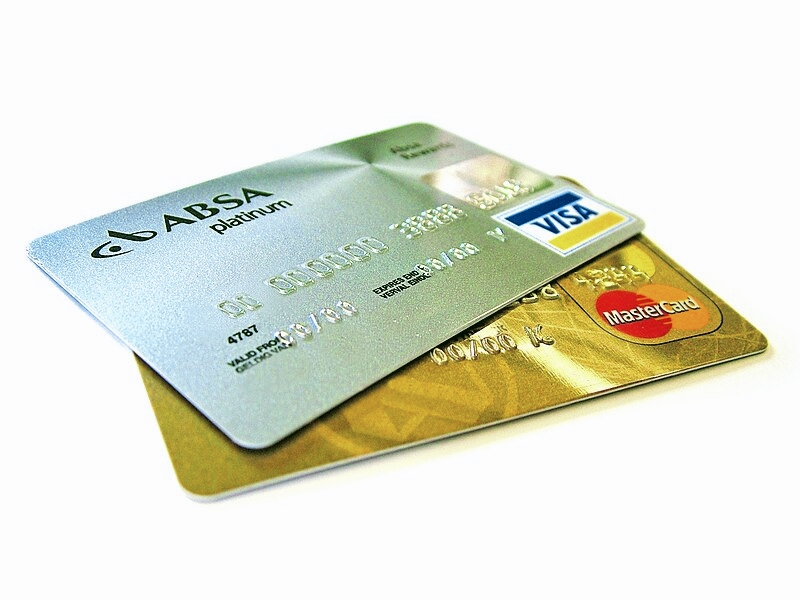When used sensibly, credit cards may be excellent financial tools since they’re user-friendly, convenient, and offer incentives and security. They can also help you establish a decent credit score. They do, however, carry some hazards.Fees, high interest rates, and late payments can quickly mount up, leaving you with debt that might be challenging to repay. Because of this, it’s crucial to assess if the benefits outweigh the hazards before applying for one. In this manner, you can choose wisely.
Types of credit card
There are the following common types of credit card;
General credit card: The most prevalent kind are general credit cards, sometimes referred to as classic credit cards. They can be used at most businesses and online retailers and are issued by banks or credit card companies.
Types of general credit card
There are two types of general credit cards:
- Secured
- Unsecured.
Your credit limit on a secured card is determined by the issuer using collateral, usually a security deposit.In the event that you do not pay the entire sum, it also serves as a guarantee of repayment. Conversely, there is no collateral needed with unsecured cards.
Retail credit card: A store is the one who issues these credit cards. They are also occasionally called co-branded credit cards, denoting that they are issued in collaboration with another business (here, a network or credit card issuer). These cards come with benefits like purchase discounts and access to special deals, and they are often meant to be used at the store that issued them. Because of this, buying at their linked retailers is a more alluring option than buying elsewhere.
Rewards credit card: With every dollar you spend on your credit card, rewards credit cards provide benefits like cash back, points, or travel miles. Although their interest rates are typically higher than those of non-rewards cards, they might still be worthwhile if you intend to use them frequently and want to accrue rewards fast!
Balance transfer credit card: With debt transfer credit cards, you can move over amounts from other high-interest accounts and pay no interest for a set amount of time (usually between six and twenty-one months). They are therefore ideal for those who wish to combine all of their debt into a single low-interest account.
What are 3 benefits of credit cards?
There are the following 3 benefits of credit card;
- Most comfortable payment option
- Best for emergency situations
- Impressive rewards
What are 5 disadvantages of a credit card?
There are the following 5 disadvantages of a credit card;
- Higher interest rate
- High annual fee
- No savings
- Some Hidden cost
- Extra debt



